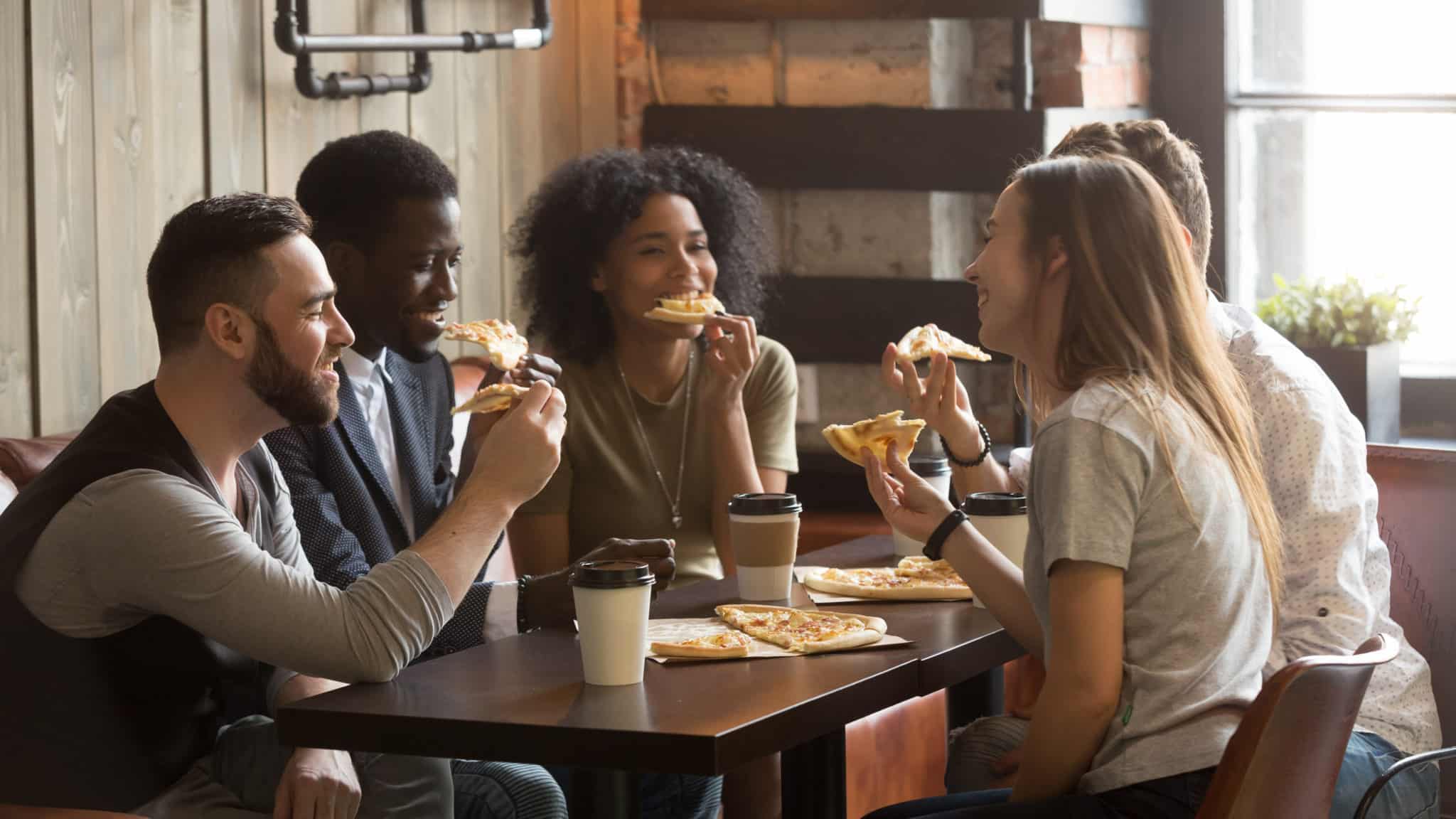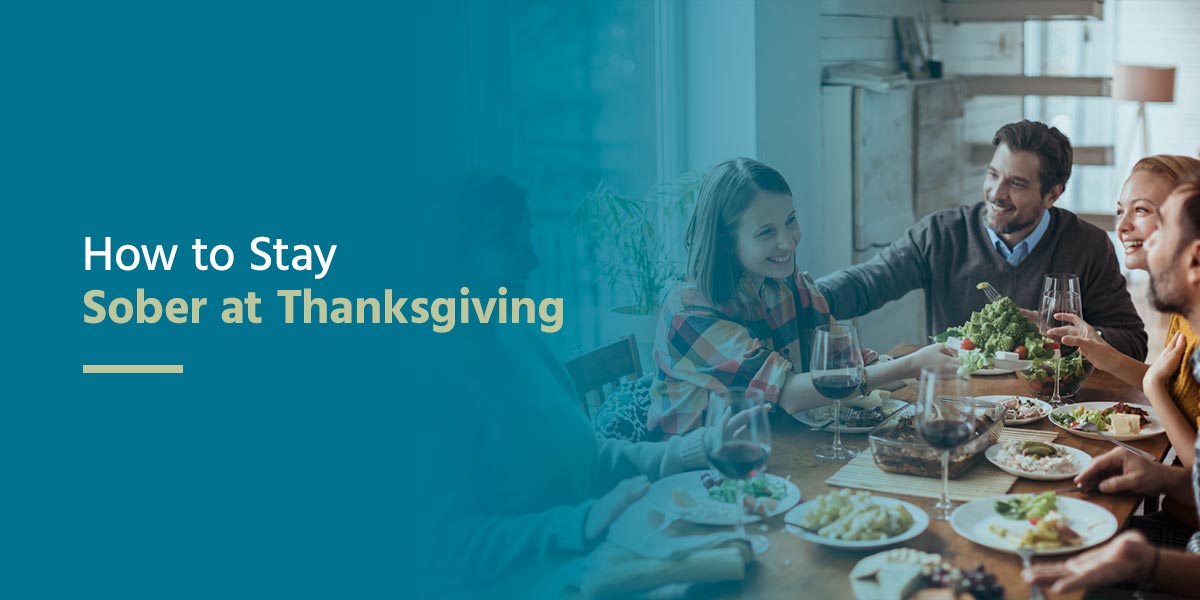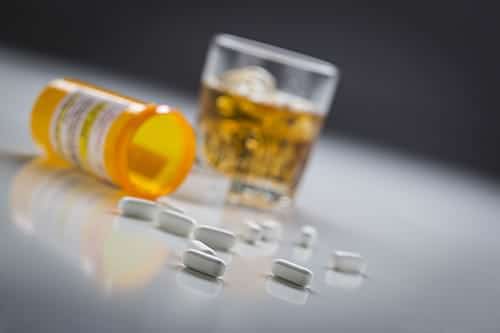The holidays are supposed to be fun, exciting, and joyous. However, the holidays can bring their own unique challenges for some people in recovery. Unresolved family issues, social isolation, or finding yourself in situations where It is easy to find drugs and alcohol are present can be a recipe for disaster. It is important to have sober tools handy to help you stay sober during the holidays.
Step #1. Avoid Isolation
Being alone over the holiday season is never a good idea. If you can’t be with friends or family, a good idea is to get active . You could go to the gym, go out to eat with a friend, or volunteer at a homeless shelter. Using your time to help others can help you stay connected to what’s important.
Step #2. Be Prepared for Temptation
You need to prepare yourself for being tempted to drink or use drugs. Many holiday gatherings will serve alcohol. You could also be invited to holiday parties where drugs will be present. Take the time to plan what you will do if you arrive at a gathering and discover alcohol and drugs. It is also a good idea to have a sober buddy on stand-by, in case you need to call someone when temptation knocks at your door.
Step #3. It Is Okay to Say No
One of the easiest ways to reduce holiday stress and anxiety is to set limitations on how much you will do. Having healthy boundaries is important in recovery. For example, it is okay to decline invitations to family gatherings and holiday parties. You should not feel guilty because you say no.
Step #4. Attend Meetings
Just because the holidays are here does not mean you should stop going to meetings. You will find added support during the holiday season from your peers. Their experiences can provide valuable insight and give you tips for maintaining your sobriety. Additionally, going to meetings regularly will help you avoid isolation.
Step #5. Practice Mindfulness
Meditate, do yoga, or other stress-relieving exercises to help you remain calm and collected throughout the holiday season. In addition, it can be beneficial to practice mindfulness daily to help you stay focused on your sobriety. Mindfulness exercises are also beneficial for coping with feelings you may have about declining family gathering invitations or other events that you won’t be attending.
Step #6. Host Your Own Sober Holiday Party
Consider hosting your own sober holiday party, if you want to avoid situations where alcohol and drugs may be present. Invite others that also want to stay sober, like some of the friends you made in rehab or from your peer support group. You could also invite friends and family that understand the importance of your sobriety. This connection with like-minded individuals will help reinforce sober habits and help support your recovery.
Step #7. Have an Exit Strategy in Place
Being around family over the holidays can be stressful if there is tension between family members. The last thing you need is to put yourself into this type of situation — especially without an exit strategy. In addition, if family members tend to celebrate the holidays by drinking or using drugs, being around them for an extended period can trigger a relapse.
Before arriving, have a plan for how long you plan on staying. Perhaps enlist the help of a friend to call you when it’s time to leave. If friends or family are drinking or using drugs, it is generally a good idea to go ahead and leave early — in order to avoid any possible temptation.
Step #8. Have a Support System in Place
Talk to your peers in your support group or your sponsor, and make a point to have someone you can contact if you feel a trigger comes on and need added support. In addition, you could make yourself available to be there for others should they find they need some help too.
Step #9. Stick to Your Aftercare Plan
Following your aftercare plan can be a great way to stay sober during the holidays. Your plan should include eating healthy, exercising, getting plenty of rest, individual counseling, group counseling, and other tools that can be useful getting through the holiday season.
Step #10. Take a Sober Vacation
If the thought of being around your friends and family is just too much to handle right now, plan a sober get-a-way where you can enjoy the holidays in a stress-free environment. You could invite a sober friend or family member along so you will not be alone. A change of scenery can go a long way toward helping you take a step back and reinforce sober habits, away from triggers and temptation.
Step #11. Create New Holiday Traditions
Family can be anything you want it to be, especially during the holidays. If you feel more comfortable around friends you made in rehab and your peer support group, consider celebrating as a family this holiday season with a potluck, gift exchange, and other new holiday traditions.
Step #12. Spend the Holidays in a Sober Environment
If you are worried that you won’t be able to escape temptation and are concerned about a relapse, entering into a sober living home or other residential treatment facility is a gift you give yourself. Many people in recovery find that this kind of routine maintenance can be incredibly helpful in reinforcing sober habits, overcoming new triggers, and avoiding the temptation to use.
Sober Holiday Preparation and Treatment in Asheville, NC
We understand it can be challenging to get through the holidays when you could find yourself in situations where drugs and alcohol are present. As such, we are happy to welcome you as part of our sober family this holiday season to help you maintain your sobriety. If you want to reinforce your aftercare support or are not ready to face the holidays with your family and friends, sober holiday preparation therapies and recovery treatment are available at Crest View Recovery Center in Asheville, NC.
To learn more about how we can help prepare you for sobriety over the holidays or for further information about our holiday sobriety treatment programs, please feel free to contact us by calling 866-350-5622 today!




